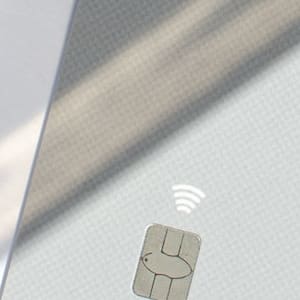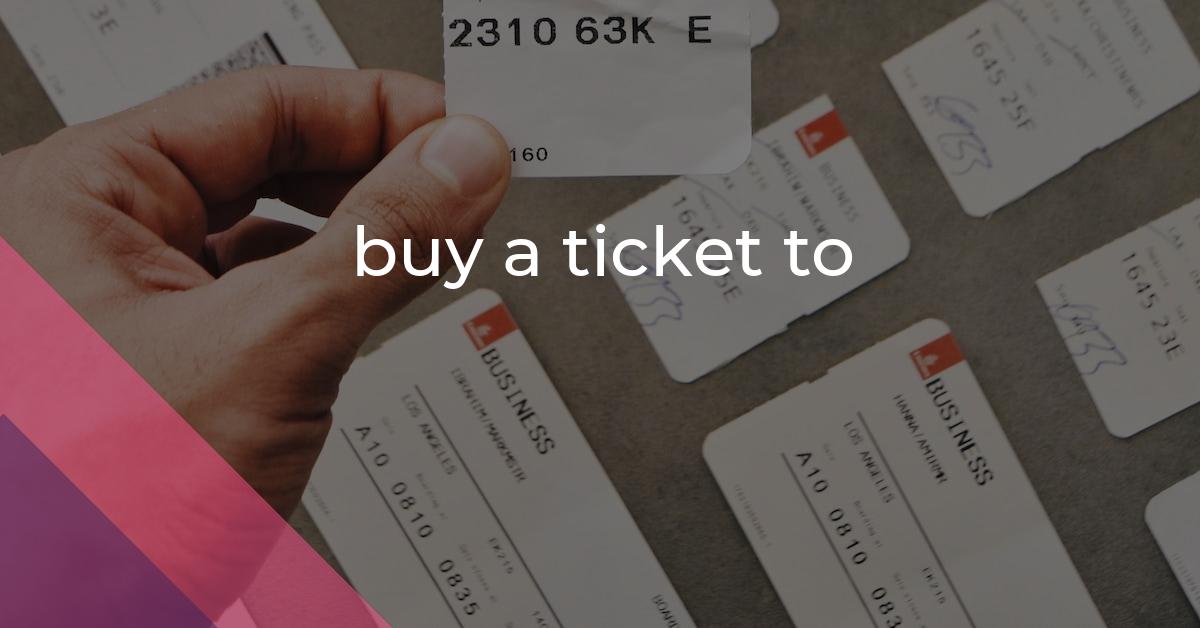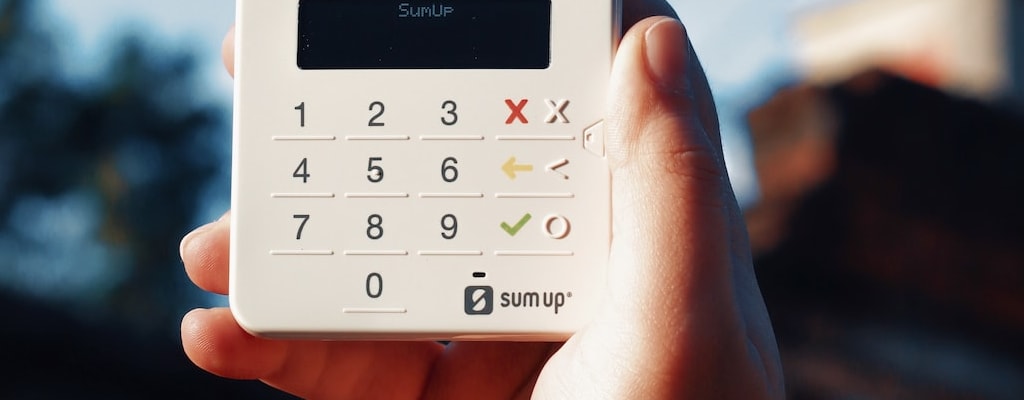buy a ticket to: Idiom Meaning and Origin
What does ‘buy a ticket to’ mean?
The idiom "buy a ticket to" means to willingly participate in or contribute to a negative or undesirable situation or outcome.

Idiom Explorer
The idiom "ticket to ride" means a means of transportation or a mode of travel that allows someone to go somewhere or achieve something.
The idiom "hell to pay" means to face severe consequences or trouble for one's actions or decisions.
The idiom "burn one's fingers" means to suffer negative consequences or losses as a result of one's own actions or decisions.
The idiom "buckle up" means to fasten one's seatbelt in a vehicle. It is commonly used as a metaphor to advise someone to prepare for a challenging or difficult situation.
The idiom "buck for" means to strive for or actively seek a particular position, promotion, or opportunity.
The idiom "bring to the hammer" means to sell or auction something, typically at a public event where bids are made with a hammer. It implies the act of putting an item up for sale or offering it for public bidding.
The idiom "bring one's own hide to market" means to put oneself or one's reputation in a vulnerable or dangerous situation.
The idiom "bring down the house" means to entertain or impress an audience so much that they respond with enthusiastic applause or laughter.
The idiom "bring a knife to a gunfight" means to enter a situation without being adequately prepared or equipped, and thus have little chance of success or survival.
Decoding Passage to Entry
The idiom "buy a ticket to" is a common phrase in American English that refers to willingly accepting the consequences of one's actions or decisions. The figurative meaning of this expression originates from the act of purchasing a ticket for a specific destination or event. When someone decides to "buy a ticket to," they are consciously choosing to participate in an experience, regardless of what it may entail. In this article, we will explore how this idiom relates to several other idiomatic expressions.
One related idiom is "ticket to ride," which is often used to describe an opportunity or chance to pursue a new experience or venture. In the context of "buy a ticket to," it emphasizes the idea that by willingly accepting the consequences of our actions, we open ourselves up to new possibilities and opportunities. Just like buying a ticket for a journey, "buying a ticket to ride" signifies a willingness to embark on an adventure, fully aware of the risks and rewards that may come with it.
Another related idiom is "buy into," which means to believe in or accept a particular idea, concept, or belief. When we "buy a ticket to" something, we are essentially "buying into" the experience or situation. We make a conscious decision to accept the potential outcomes and consequences, showing our belief in the path we have chosen. Whether it is a personal or professional decision, "buying into" a situation through "buying a ticket to" demonstrates our commitment and willingness to invest in its success.
There is also the idiom "hell to pay," which refers to a difficult or disastrous situation. When we "buy a ticket to," we are essentially acknowledging that there may be "hell to pay" as a result of our actions. It is a recognition that our decisions may lead to negative consequences or hardships. However, by willingly accepting these potential challenges, we demonstrate our readiness to face the difficulties and deal with the aftermath.
Furthermore, the idiom "bill of goods" relates to the idea of being deceived or tricked. When we "buy a ticket to," we are fully aware that we may be sold a "bill of goods." By willingly accepting the consequences, positive or negative, we acknowledge that there is a possibility of being misled or deceived. "Buying a ticket to" a situation signifies our willingness to take that risk, with the understanding that we may have to face the repercussions of our decisions.
Lastly, the idiom "bail out" can also be connected to "buy a ticket to." "Bail out" refers to providing financial or moral support to get out of a difficult situation. When we "buy a ticket to," we are signaling that we are not looking to "bail out" when things get tough. We are committed to seeing our decisions through, regardless of the challenges that may arise. By willingly accepting the outcomes of our actions, we take responsibility for our choices and demonstrate our determination to stay the course.
The idiom "buy a ticket to" represents a conscious decision to accept the consequences or outcomes of one's actions. It symbolizes a willingness to embrace the uncertain journey ahead, much like purchasing a ticket for a specific event or destination. This expression highlights personal responsibility, awareness, and the need to weigh the potential outcomes before making decisions. In addition, "buy a ticket to" is related to other idioms such as "ticket to ride," "buy into," "hell to pay," "bill of goods," and "bail out," each emphasizing different aspects of the willingness to accept the consequences. By using the phrase "buy a ticket to," we convey an understanding of the risks involved and demonstrate our readiness to experience the repercussions of our choices.
Example usage
Examples of how the idiom "buy a ticket to" can be used in a sentence:
1. He decided to buy a ticket to the concert and enjoy the live music.
2. If you want to succeed, you have to work hard and not wait for someone to buy you a ticket to success.
3. She desperately wanted to escape her routine and decided to buy a ticket to a tropical paradise.
More "Travel" idioms



